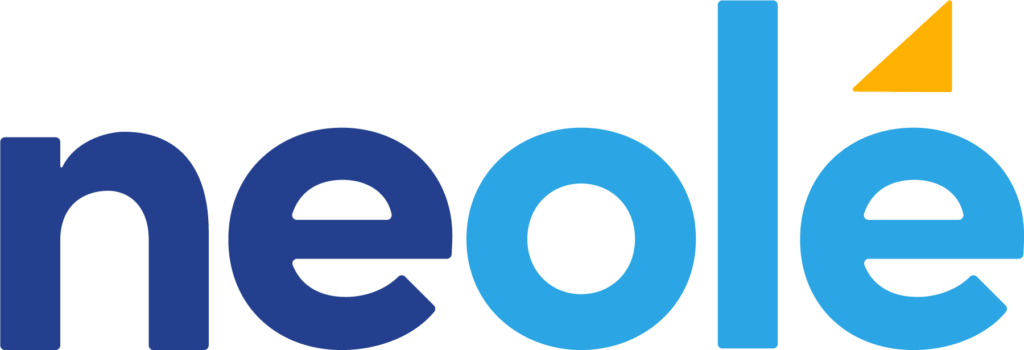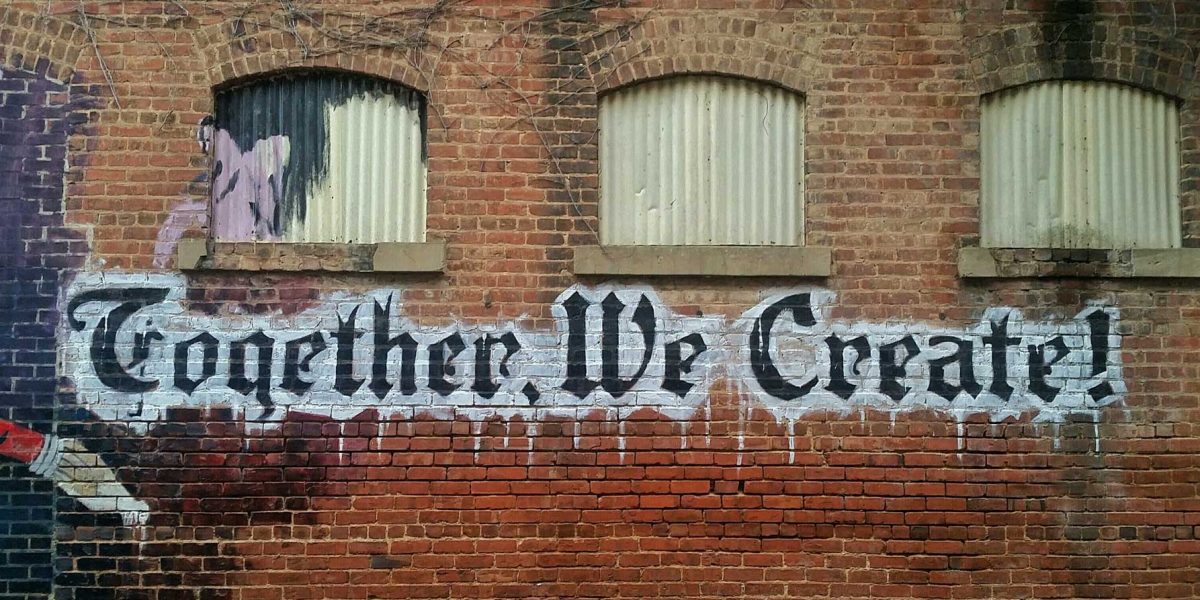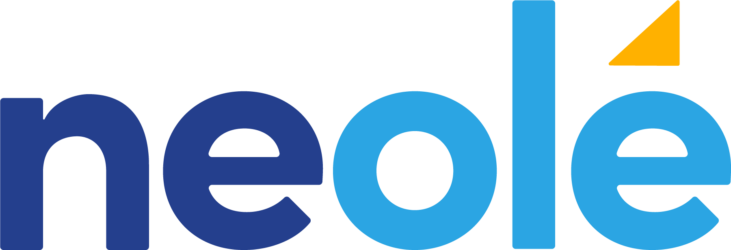According to a comprehensive report issued this week on the “Changes impacting the future of employment in Canada,” creativity may become a core skill for every occupation in the future. In fact, the report emphasizes that, “Creativity could be the most in-demand skill sought by employers across all industries.”
Are you already noticing the trend in your own industry?
This is great news for all of us! Why? Because the more creative you get to be at work, the more you are able to make a positive difference, the more engaged and motivated you will be, and the more you will enjoy your work day.
Creativity is actually the highest cognitive skill that we humans have. When we don’t use it, we get stuck in a rut and will feel more dissatisfied with our lives as a whole. That’s why the introduction of artificial intelligence and robots opens up new opportunities for more people to reach their human potential rather than getting stuck in a repetitive, mindless job. So the more employers expect creativity from their teams, the more we are all able to rise up to the challenge of thinking at a higher level.
The next question is, How?
Unfortunately, the report falls short on suggesting practical ways of increasing creativity in the workplace. My first recommendation would be to choose something that’s broken or simply not as good as it could be and start experimenting with ways of fixing it or making it better. When you focus your creativity on something that truly matters to you, and you persist through the challenges, you will increase your creativity by default.
Creativity is a natural human ability. We all have it and we can all become better at it. Developing your individual creativity is not hard at all. What’s harder is to develop the creativity of an entire workplace or organization. When the employer or the leadership team is truly committed to fostering a climate or culture that supports creative thinking, they are bound to be successful.
Developing creativity in an organization requires attention to four key questions:
Question 1: What’s the ultimate benefit that you expect as a result of becoming a creative organization? Answering this question will help you pinpoint the motivation to push forward, strengthen the commitment to create change, and allow you to share a vivid vision that everyone can be inspired by.
Question 2: What steps will you take to develop the individual creative thinking skills and habits of your employees? Adults who already have a growth mindset and a willingness to defer judgement will develop creative thinking skills faster than those with a fixed mindset. So the first step is to become open to learning and to break old linear-thinking habits. After that, developing creative thinking skills is like flexing an underused muscle: it takes exercise and commitment.
A full-day training like our Innovative Team Mindset course can give people the foundation, the tools and the motivation to develop creative thinking habits and routines. For example, the skill of deferring judgement is one of the hardest skills for knowledgeable adults to develop. Why? Because the more knowledge and experience we have the more closed-minded we tend to become and the easier it is to do critical thinking instead of creative thinking. When we are closed-minded, the more suspicious we are about something that doesn’t fit with what we currently know, and the more risk-averse we become.
But there are creative thinking tools that will help you overcome the tendency to avoid the new and unfamiliar. As an example, I once led an ideation session with a team of health professionals who needed to create a public education campaign on a certain health issue. One of the ideas shared during a playful moment was this: “Throw a pie in the face of x politician.” When it was time to select the best ideas, this particular idea was left at the bottom of the list. As an experienced facilitator of creativity, I knew better than to allow participants to ignore the idea that made them most uncomfortable. So I asked them to defer judgement for just a moment and to consider the following question: What is the underlying principle (U.P) in this idea? That’s what we call “UP’ing the idea.” As it turned out, the discussion that followed led to the development of their best campaign ever. Don’t worry; they did not do anything that would get them into jail, but they did find a way of using shock value to really capture the attention of their audience.
Question 3: What process or methodology will be best suited for the type of work your people do? There are many processes or methods that facilitate people’s creative thinking when collaborating or working as a team. Design Thinking, Creative Problem Solving, SixSigma, Productive Thinking, Appreciative Inquiry and FourSight are just a few of them. Any of these could be a good fit for your organization. What matters most is that people receive training in one or two of them so that they develop a common language for working together on any project that will benefit from creative thinking.
Question 4: How will you foster an environment that supports creative thinking? This is about creating a positive psychological environment in which people are free to experiment, are safe to share and learn from failure, where there is dynamism and diversity of opinions, where there is room for playfulness and humour, and where people feel challenged and supported in reaching for high goals (but not overstressed). If you’d like to evaluate how much your current workplace supports creativity, check out this evaluation tool we shared a few months ago.
Book a 15 minute call with me to talk about how to increase creativity in your organization, or send me an email.







